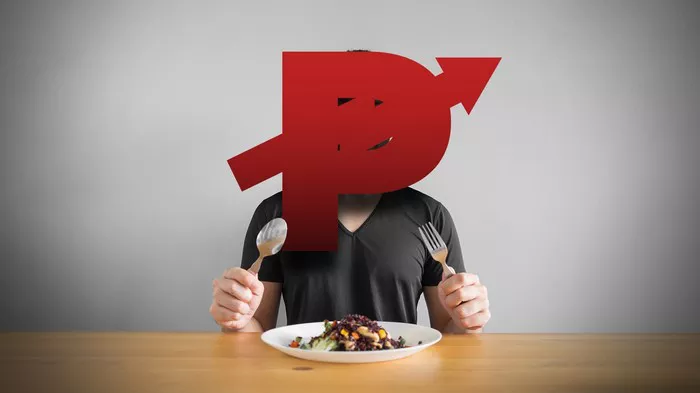In the quest for a healthier lifestyle and improved well-being, many individuals turn to low-fat foods as a key component of their dietary choices. But what exactly are the best low-fat foods, and how can they contribute to a balanced diet? In this comprehensive guide, we’ll explore the world of low-fat foods, their benefits, and provide a detailed list of options to help you make informed choices for a healthier you.
The Importance of Low-Fat Foods
Low-fat foods have gained immense popularity in recent years due to their potential to reduce the risk of heart diseases and promote weight management. By limiting the intake of dietary fats, individuals aim to maintain a healthy body weight and support overall well-being.
The Role of Low-Fat Foods in a Balanced Diet
Low-fat foods play a vital role in ensuring a balanced diet. They provide essential nutrients while helping to reduce the intake of saturated and trans fats, which can contribute to health issues when consumed excessively.
Choosing the Right Low-Fat Foods
It’s essential to make informed choices when incorporating low-fat foods into your diet. Not all low-fat options are created equal, and some may still contain hidden sugars, artificial additives, or high levels of sodium. We’ll guide you through the selection process.
Now, let’s dive into the specifics of the best low-fat foods, categorized to help you make healthy choices:
Fruits and Vegetables
Berries
Berries like strawberries, blueberries, and raspberries are not only low in fat but also rich in antioxidants, vitamins, and fiber. They make for excellent snacks or additions to your morning cereal.
Leafy Greens
Spinach, kale, and Swiss chard are low-fat, nutrient-dense greens that offer vitamins, minerals, and fiber. Incorporate them into salads or smoothies for a boost of nutrition.
Broccoli and Cauliflower
These cruciferous vegetables are not only low in fat but also high in fiber and vitamins. Steam or roast them as a tasty side dish.
Lean Proteins
Skinless Poultry
Skinless chicken and turkey breasts are lean sources of protein. They provide essential amino acids without the added saturated fat found in the skin.
Fish
Fatty fish like salmon, trout, and mackerel are low in saturated fat and high in heart-healthy omega-3 fatty acids. They promote cardiovascular health and can be baked, grilled, or broiled.
Beans and Legumes
Beans, lentils, and chickpeas are excellent sources of plant-based protein. They’re low in fat and packed with fiber, making them ideal for vegetarian and vegan diets.
Dairy and Dairy Alternatives
Low-Fat Yogurt
Opt for low-fat or fat-free yogurt to enjoy the probiotic benefits of yogurt without the added saturated fat. It’s a versatile ingredient for smoothies, parfaits, and snacks.
Almond Milk
Almond milk is a dairy-free alternative that is naturally low in fat and calories. It can be used in place of regular milk in many recipes.
Grains and Cereals
Oats
Oats are a low-fat whole grain rich in fiber and essential nutrients. They make a hearty and nutritious breakfast choice.
Brown Rice
Brown rice is a low-fat complex carbohydrate that provides sustained energy. It’s a healthier alternative to white rice.
Snack Options
Air-Popped Popcorn
Popcorn, when prepared without excessive butter or oil, is a low-fat and whole-grain snack that satisfies your cravings.
Nuts and Seeds
While nuts and seeds contain fats, they are primarily healthy fats. When consumed in moderation, they can be a satisfying and nutritious snack option.
Conclusion
Incorporating low-fat foods into your diet can contribute to better health and well-being. By focusing on nutrient-rich options like fruits, vegetables, lean proteins, and whole grains, you can maintain a balanced diet that supports your goals for a healthier lifestyle.























